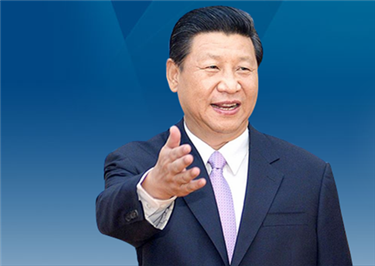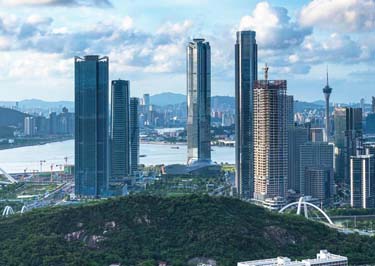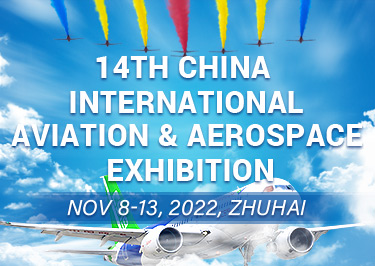Tong Kwo On (Tong Kai-son, Tang Guo'an)
First President of Tsing Hua College (1858-1913)
1
In March 1911, a Chinese diplomat hurried back from America to the call of the Qing government to prepare a new Office for Study in the United States in Beijing, set up jointly under the foreign affairs and education ministries to resume state-sponsored American education for Chinese students. It later became Tsing Hua School, Tsing Hua College, and then Tsinghua University.
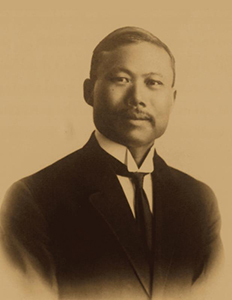
Tong Kwo On (Tang Guo'an)
The program was supported by reparation funds paid by the Qing court to the United States in excess of actual claims for American losses during the Boxer Uprising (Boxer Rebellion, Keng-tzu Incident, Gengzi Incident 1900).
In charge of the school was Tong Kwo On, one of the students in the second contingent of the Chinese Educational Mission (CEM) initiated in 1872 by Yung Wing, the first Chinese to graduate from an American university.
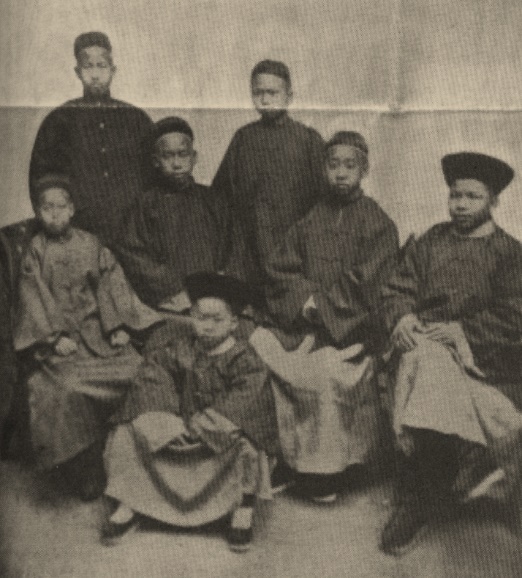
Tong Kwo On, center in back, with some second-detachment students not long after arriving in the US
He left his hometown -- Jishan Village of today's Tangjiawan Town, Zhuhai -- at age 14 to study at the New Britain High School and then Yale University during eight years in the US.
He returned to China in 1881 and devoted to the Self-Strengthening Movement) (1861-1894).
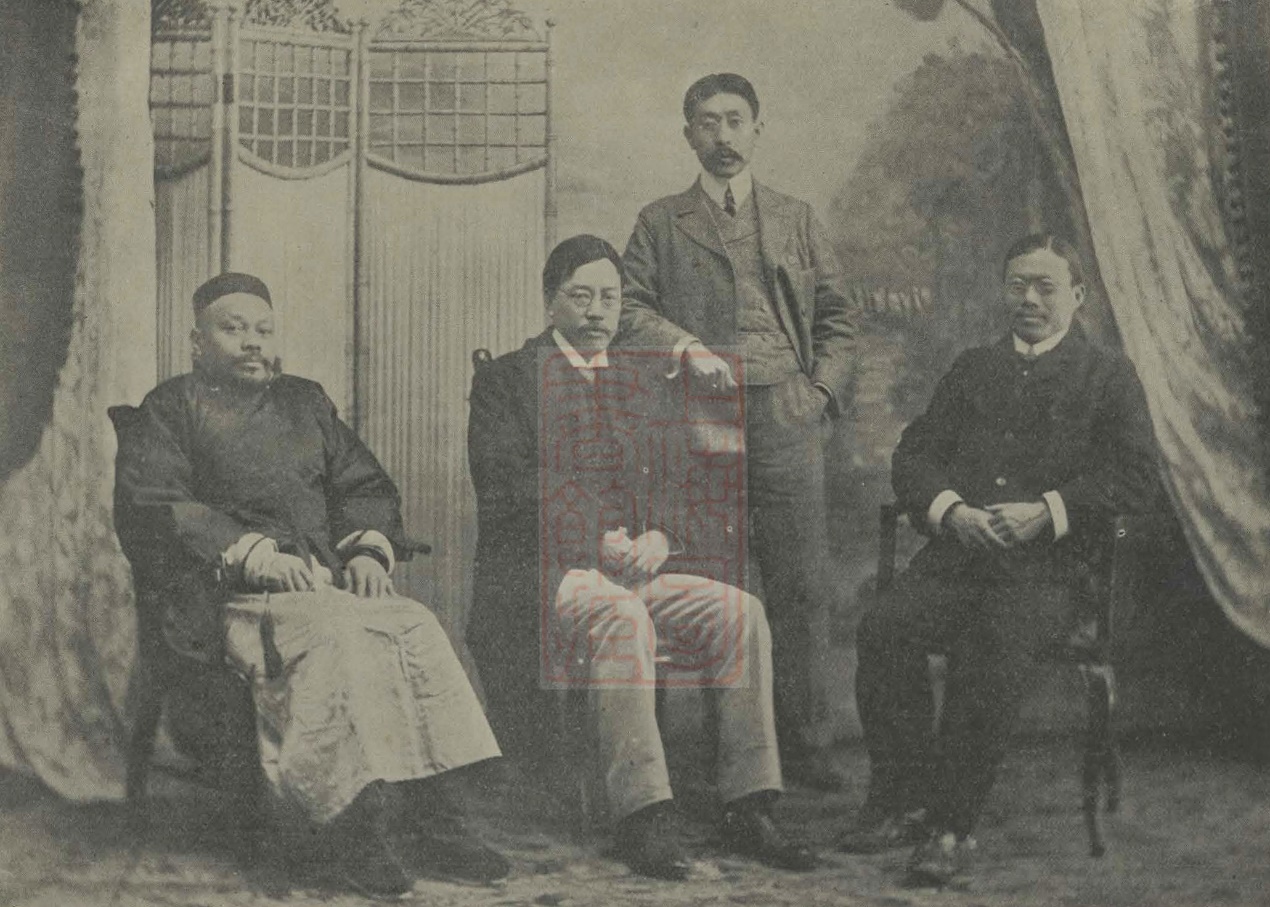
Tong Kwo On, right, with colleagues in Shanghai in 1903
Tong Kwo On entered the Bureau of Foreign Affairs in 1907. He first served as English interpreter and secretary for Yüan Shih-k'ai (Yuan Shikai), a high-ranking Qing military commander and president of the first Chinese Republic from 1912 to 1916, and other high-level officials.
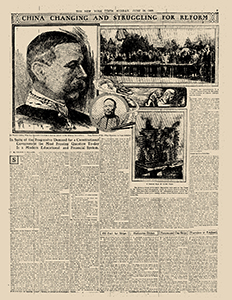
New York Times' interview of Yüan Shih-k'ai, with Tong Kwo On serving as interpreter (Published on June 28, 1908)
The 1909 Shanghai Conference, known as the International Opium Commission, was the first international session to address the issue of drugs. Tong was a commissioner and spokesman for the Chinese delegation to the meeting. His closing speech, translated and distributed into several European languages, inspired a strong conference resolution urging immediate actions to stop the trade in China's foreign concession areas.
The commission resulted in the Hague Opium Conferences (1912–14) and adoption of the 1912 International Opium Convention, which, combined with later treaties, restricted opium production and international trade.

